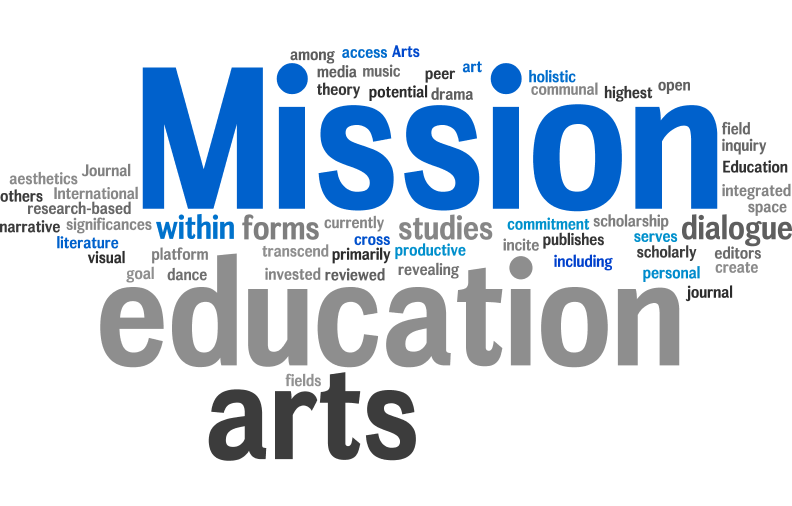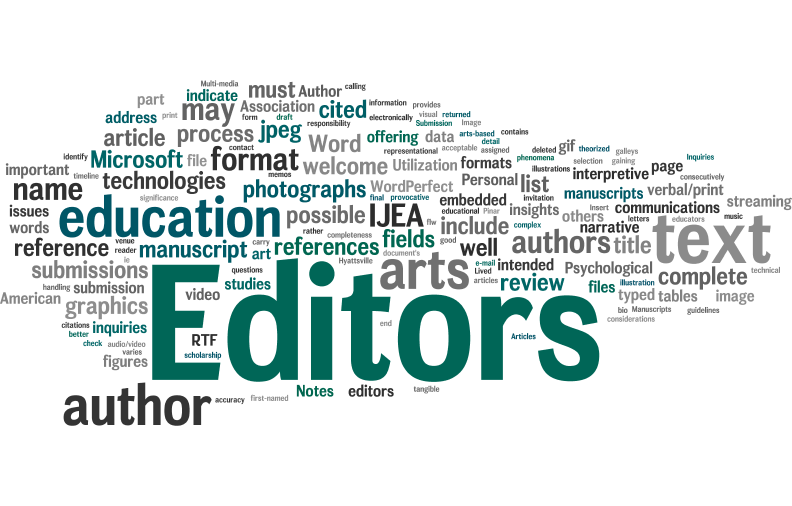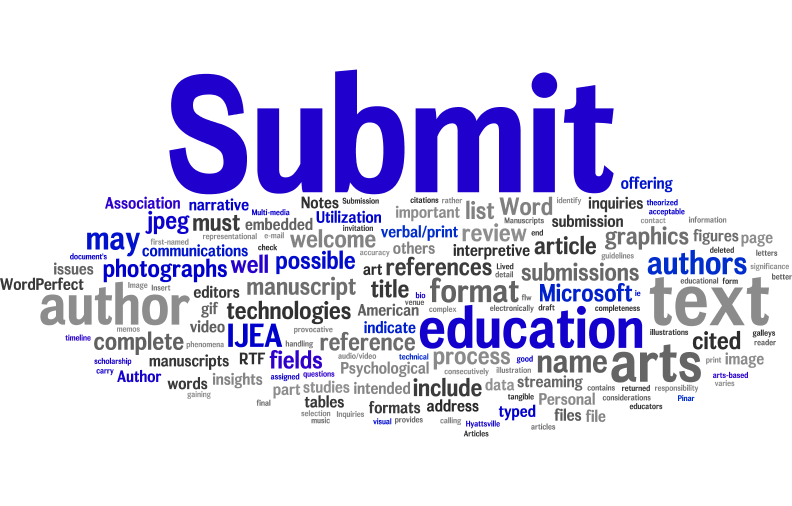| Volume 19 Number 13 | May 16, 2018 |
In Search of Our Beginnings: Locating ‘Firstness’ in Arts Education in the Service of Advocacy
Cary Campbell
Simon Fraser University, Canada
Citation: Campbell, C. (2018). In search of our beginnings: Locating ‘firstness’ in arts education in the service of advocacy. International Journal of Education & the Arts, 19(13). Retrieved from https://doi.org/10.18113/P8ijea1913
Abstract
Attention to sub-conscious and pre-conceptual cognition is often neglected in educational research and theory, which, through failing to adequately conceptualize the emergence of perceptual learning, often inadvertently privileges a narrow and disembodied approach that emphasizes ‘abstract symbolic processing’ at the expense of more sensory forms of knowing. I argue that Umberto Eco's (2000) notion of primary iconism — understood as the terminus a quo of the perceptual/semiotic process — can offer educational discourses some needed conceptual clarity in regards to better understanding the relationship between creativity and ‘arts-based’ learning, with ‘everyday’ acts of perception. By considering this ‘starting point of the emergence of learning’, I aim to bring renewed attention to two neglected aspects of educational scholarship, specifically: 1) the role of creative inference (or what Peirce called Abduction) in defamiliarizing our conventional processes and modes of schematization, and; 2) an expanded (educational) account of consciousness, beyond what is actual and material, that can also recognize “the reality of potentialities not yet actualized, as Firstness” (Stables and Semetsky, 2015, p. 24). I hope such considerations can help sensitize researchers and arts practitioners to the importance of “imagistic and non-verbal semiosis as primary constituents of learning” (Titone, 1994, p. 129). I will argue that, through this (edusemiotic) conceptual framework, educational researchers and practitioners might gain insight into aspects of learning often associated with imaginative or creative/artistic perception, that are not easily expressed through many theories of learning, and therefore this research is valuable for arts education research and advocacy.
Visual Abstract





